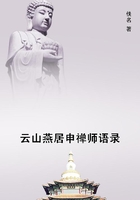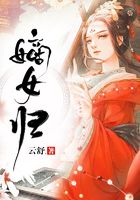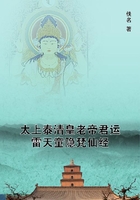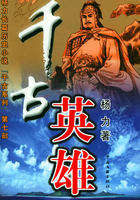In 1555 Charles retired and was succeeded by his son Philip II. (1555-98). The new ruler unlike his father made no effort to win the affections of his subjects in the Netherlands, or to attach them to himself by bonds of loyalty. On the contrary he came amongst them only too seldom, and after 1559 he never set foot in the country. He showed himself careless about their commercial interests, regardless of their constitutional rights and privileges, and indifferent to their national prepossessions. Instead of relying on the native officials and nobles to carry on the administration of the kingdom, he sought to strengthen his own power by appointing Spaniards to offices of trust and by sending Spanish troops to suppress all symptoms of discontent.
He set aside the Grand Council which by custom had the rights of a parliament, and without consultation with the authorities in the Netherlands he decided upon a new ecclesiastical division of the country. Hitherto there were only four bishops, whose Sees were subject to foreign metropolitans. Philip decided that the time had come when the number of bishoprics should be increased, and the jurisdiction of foreign metropolitans should be abolished. The main reason that influenced him to adopt this decision was the fact that, as matters stood, a complete and far-reaching scheme of reform could not be put into operation. In conjunction with Pope Paul IV. he arranged (1559) that the Spanish Netherlands should be placed under the three newly-erected archiepiscopal Sees of Utrecht, Cambrai, and Mechlin, and that suitable provision should be made for the maintenance of the new bishops out of the possessions of the monasteries and of the ecclesiastical institutions as well as from the contributions of the laity.
Many of the nobles were already tired of the Spanish rule, and were not unwilling to look favourably on the religious struggle as a means of securing independence. They objected to several unconstitutional acts of which the government of Philip II. had been guilty. They disliked Cardinal de Granvelle, the prime minister in the Netherlands, and insisted on his recall. They objected to the introduction of the Inquisition, and they protested against the new diocesan division as unnecessary, burdensome to the country, and an infringement of the rights and privileges of certain individuals. The clergy and people, whose positions were affected by the new arrangement, supported them strongly in their opposition to this measure. The leaders of this movement were the Count of Egmont and William of Orange,[1] the latter of whom was a clever politician of boundless ambitions, who was not without hope that a rebellion against Spain might be the means of securing supreme power in the Netherlands. His brother, the Prince of Nassau, had adopted Calvinism, and William himself was not troubled with any particularly strong religious convictions. By his marriage with the daughter of Maurice of Saxony he sought to assure himself of the support of the German Protestant princes, while at the same time he was intimately connected with the Huguenots of France, and was on terms of the closest friendship with Counts Egmont and Horn, both of them, though for different reasons, hostile to Philip II. For William and for many of his abettors religion was but a secondary issue, provided only that by means of a religious revolution the power of Spain could be overthrown. Cardinal Granvelle, the minister of the Duchess of Parma,[2] who was then regent of the country, was a strong man and a dangerous opponent, for whose removal the party of William of Orange strove with all their might. They succeeded at last in 1564, but despite all their efforts they could not prevent the publication of the decrees of the Council of Trent. They met together in the following year (1565) and formed the union known as the Compromise of Breda, nominally for the preservation of their constitutional rights but in reality to promote a political and religious rebellion. Many earnest Catholics unaware of the motives that inspired the leaders of this movement lent them their support. Having strengthened themselves by negotiations with some of the Protestant princes of Germany, the revolutionary party presented themselves before Margaret of Parma at Brussels to demand redress (1566). During the course of the interview Count de Berlaymont referred to them as a crowd of "gueux" or beggars, and this was the name they adopted to designate their party (/Les Gueux/).
Though they professed themselves willing to maintain the Catholic religion the friends of William of Orange had strong leanings towards Protestantism. Calvinist preachers flocked in from France; Calvinist communities began to be formed; and in districts where the party found itself powerful enough to do so, attacks were made on Catholic churches and Catholic worship. These outrages served to indicate the real tendency of the movement, and to drive into the opposite camp many Catholics who had joined the party merely to secure redress of political grievances. The Duchess of Parma, having failed to put an end to the disturbances by friendly negotiations, determined to employ force against the rebels. She was completely successful. William of Orange fled to Germany, and Counts Egmont and Horn surrendered themselves to the mercy of the king (1567). Had Philip II. known how to take advantage of this victory he might have put an end to Calvinism in the Netherlands, for as yet the vast majority of the inhabitants were at heart loyal to the Catholic church.
But instead of coming to make a personal appeal for the allegiance of his subjects and of trying to win over the malcontents by a policy of moderation Philip II., more concerned for the suppression of heresy than for the maintenance of Spanish rule, sent the Duke of Alva[3]















